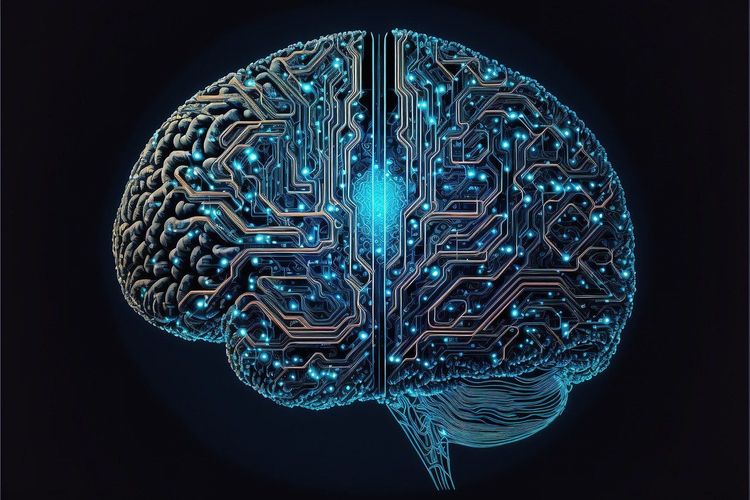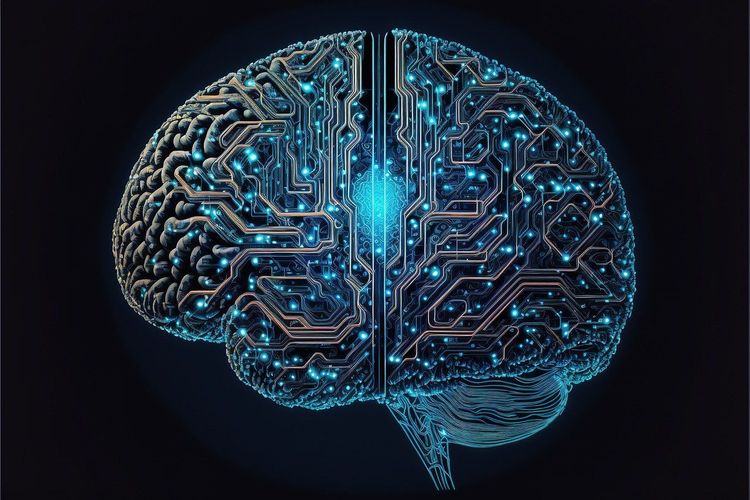In a recent article from the World Economic Forum (WEF), two Boston Consulting Group economists propose that AI's impact on jobs will resemble past technological revolutions. They argue that while some individuals may be displaced by AI, overall job creation could outpace job loss.
However, this perspective may be overly simplistic. Unlike previous technological advancements, AI has the potential to disrupt cognitive tasks as well, potentially leading to broader job displacement than seen in past revolutions.
The economists reference historical shifts, such as the transition from horse-drawn carriages to automobiles, highlighting examples of unexpected job growth in related sectors like manufacturing and infrastructure. For instance, the McKinsey Global Institute reported that the auto industry generated 6.9 million net new jobs in the U.S. between 1910 and 1950. This was influenced not only by the technology itself but also by cultural shifts and the Progressive movement that emphasized efficiency and urban improvements.
However, the unique nature of AI presents challenges that differ from historical precedents. Today, technological accelerationists are driving AI development rapidly, with minimal regulations impacting its trajectory. Unlike previous revolutions, AI is the first to outsource cognitive labor, raising complex questions about its influence on roles that require problem-solving and creativity.
Concerns are evident across various fields. A recent survey revealed that 74% of IT professionals worry that AI will render many of their skills obsolete, with 69% fearing job replacement. While many executives view AI as a tool for augmentation rather than replacement, 35% plan to invest in AI tools to eliminate "unnecessary positions." The Federal Reserve Bank of Richmond noted that 45% of firms have adopted automation to reduce staff, with a similar 46% planning future reductions.
Contrastingly, a report from the Dallas Federal Reserve indicated minimal job impacts from AI so far, with some respondents acknowledging AI's role in enhancing productivity rather than replacing employees. Nonetheless, the integration of AI into workplaces is already changing dynamics. For example, call center workers augmented by AI have performed at the level of more seasoned employees, and software engineers have doubled their coding speed with AI assistance.
As AI evolves, the characteristics of the workforce may shift significantly, diminishing the value placed on experience and potentially leading to wage pressure, increased turnover, and widening skill gaps between those who can adapt and those who cannot.
This trend isn't isolated to one sector; the financial services industry is also feeling the effects. Citigroup found that 54% of banking jobs could be automated, with 12% likely to be augmented by AI. Real-world examples include Klarna replacing 700 full-time staff with an AI assistant and Dukaan transitioning from 27 customer service agents to a chatbot.
While AI may disrupt existing roles, it also creates new opportunities. Financial firms will likely need AI managers and compliance officers to navigate the technology's regulatory landscape. Emerging roles may include AI risk managers to mitigate potential implementation risks and AI-human interface designers for enhancing user interactions with AI systems.
One noteworthy new role could be the "AI orchestrator," a professional who ensures the effective integration of various AI tools, guiding them to deliver high-quality results. This human element is crucial for contextual understanding and ethical decision-making that machines cannot replicate.
As AI continues its rapid development, its impact on employment remains complex and unpredictable. Although historical comparisons offer some insight, the unique characteristics of AI suggest we are entering uncharted territory. The future of work may feature a blend of augmentation and displacement, with new roles developing unevenly alongside traditional job automation. The ultimate net effect on job numbers remains uncertain, but relying on historical patterns to predict the future is akin to gazing in a rearview mirror.
Gary Grossman is the EVP of technology practice at Edelman.







